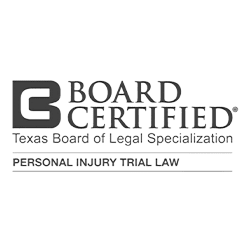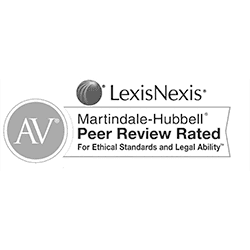Everyone should have an estate plan, regardless of whether you are single or married, have minor or adult children, or are single with no children. Our estate planning lawyer in San Antonio at Scheuerman Law Firm crafts personalized strategies to help secure your future.
What Is Estate Planning?
Estate planning ensures that assets are properly managed or transferred when you become incapacitated or pass away. Typically, this involves:
- Creating a will
- Establishing trusts
- Deciding who will make financial or healthcare decisions on your behalf
A well-thought-out plan helps minimize conflict and ensures your wishes are honored, even when complex or high-value assets are involved.
Certain assets—such as bank accounts or brokerage accounts holding stocks and bonds—are often set up to bypass the probate process through survivorship beneficiary designations. Here, an account owner designates a beneficiary to receive these assets directly upon death.





















